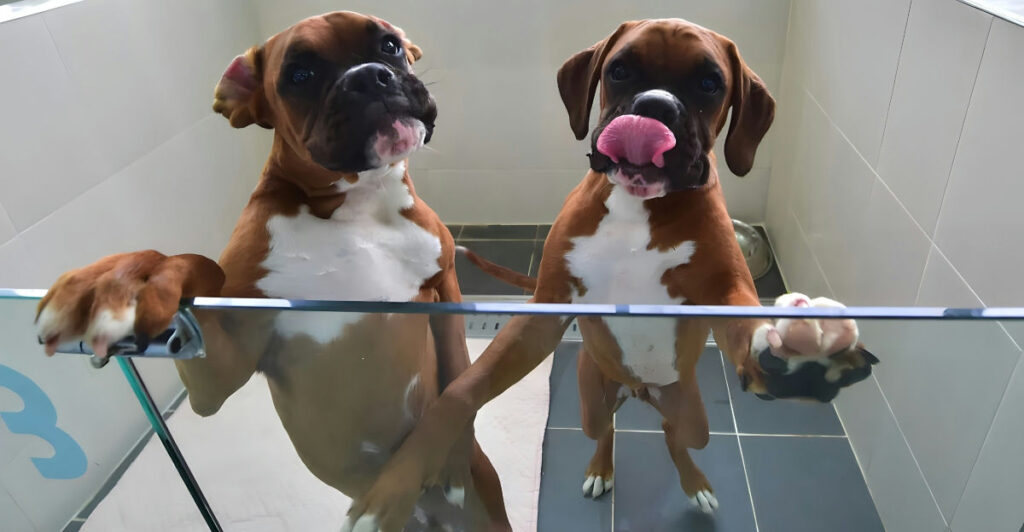
No bond compares to the one we share with our beloved canine companions. For many, the thought of living without their furry friends is unimaginable. While science hasn’t found a way to make dogs immortal, there is an option to clone your dog after it passes. However, this process comes with high costs, risks, and ethical considerations. Let’s break down everything you need to know about cloning your dog.
What Is Cloning?
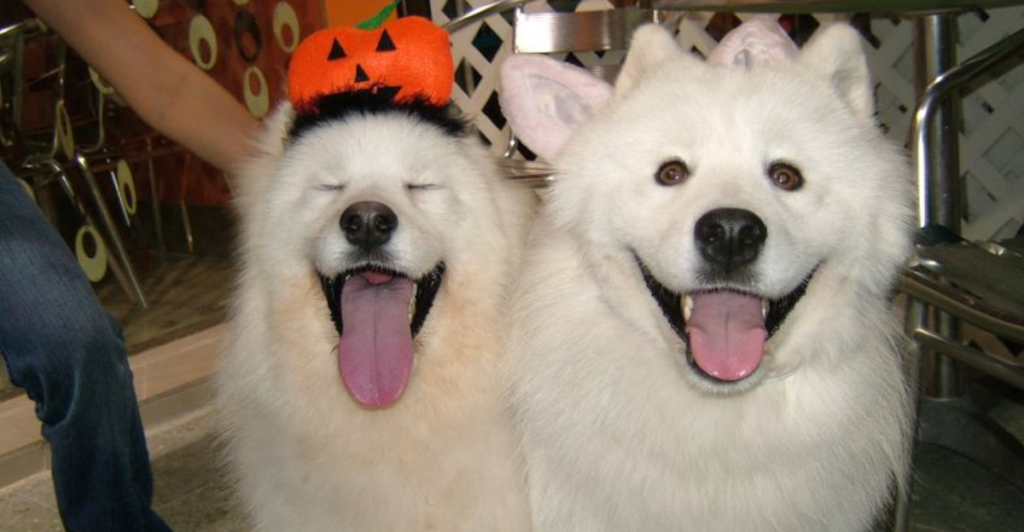
A clone is an identical organism created asexually in a lab setting. Unlike natural reproduction, cloning does not involve traditional mating. Instead, it uses cells from the donor to replicate the animal’s DNA. Scientists place the cloned embryo into a surrogate to carry the pregnancy until birth, resulting in an identical genetic copy.
Have Dogs Been Cloned Before?

Yes, dogs have been successfully cloned. In fact, dogs are among the most commonly cloned animals, with over 1,500 successful cases as of 2022. The first cloned dog, an Afghan Hound named Snuppy, paved the way for future cloning. Since then, the process has continued to evolve and improve.
The Dog Cloning Process

Cloning a dog is a detailed, multi-step process. First, scientists extract skin cells from the donor dog. Next, they remove the nucleus of an unfertilized egg and replace it with DNA from the donor cells. Electronic pulses stimulate cell division, forming an embryo. Finally, the embryo is implanted into a surrogate dog’s uterus to carry the pregnancy to term.
Surrogate Pregnancy and Birth

Once the embryo is placed in the surrogate, the pregnancy proceeds like any other. However, birthing complications are a concern, so many scientists opt for a planned C-section to ensure the safety of the surrogate and the cloned puppy. If successful, the result is a healthy genetic copy of the donor dog.
How Much Does It Cost to Clone a Dog?
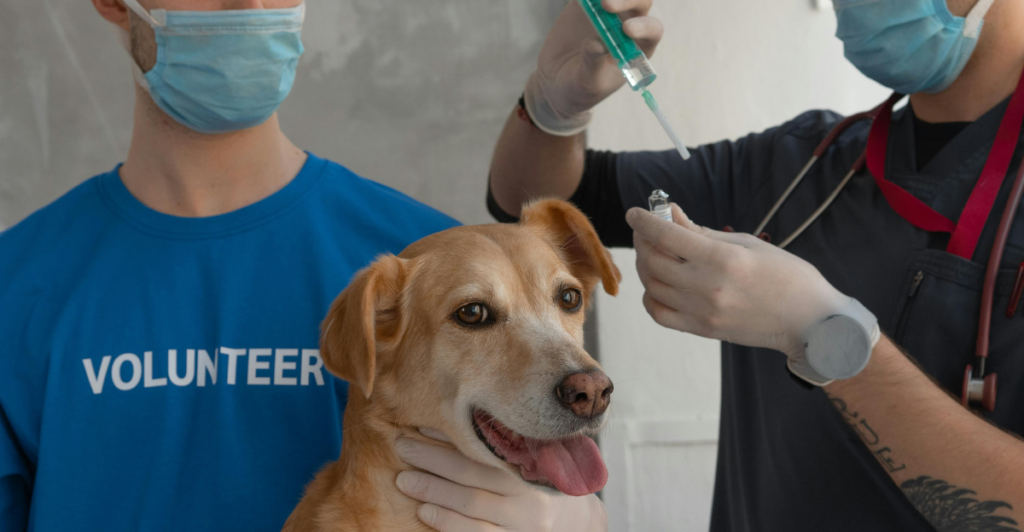
Cloning a dog is extremely expensive. ViaGen Pets, the leading dog cloning provider in the U.S., charges $50,000 for the process. Clients must first pay a $25,000 deposit to begin the procedure. The remaining $25,000 is due upon the birth of the cloned dog. Financing options are currently unavailable.
Will the Cloned Dog Be the Same?

While the cloned dog will be a genetic copy of the original, its personality is not guaranteed to be identical. Behavior and personality are influenced by both genetics and environment. Since it’s impossible to replicate the life experiences of the original dog, the cloned pup may develop a completely different temperament.
Risks Involved in Dog Cloning
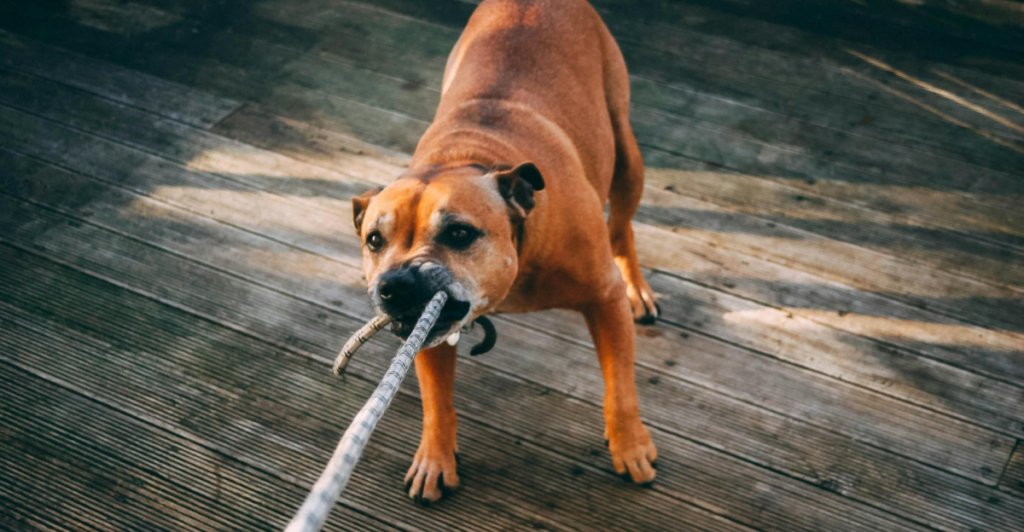
Cloning your dog comes with risks. First, the process may fail at various stages—the embryo may not form, or the surrogate may fail to carry the pregnancy to term. Second, even if successful, the cloned dog may not have the same personality or behavior as the original, which can be disappointing for some pet owners.
Ethical Considerations

The dog cloning process raises ethical questions. The use of surrogates to carry the cloned embryos raises concerns about animal welfare, especially when surgical procedures like C-sections are involved. Additionally, critics argue that cloning focuses on replicating pets instead of addressing the needs of animals in shelters.
Why People Clone Their Dogs
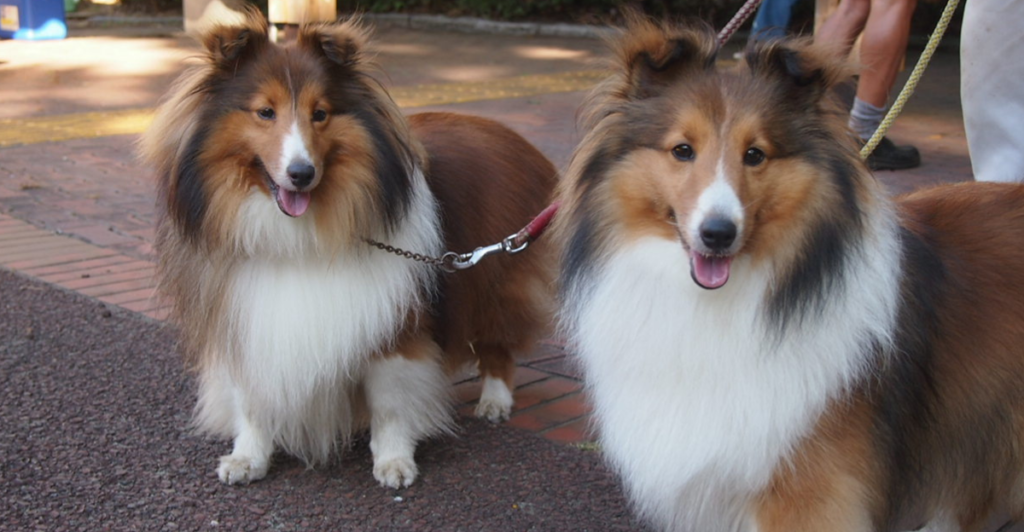
For pet owners who share a deep bond with their dogs, cloning offers a way to keep a part of their companion with them. While the cloned dog won’t be exactly the same, it provides comfort to those who struggle with the loss of their pet. Some owners see cloning as a way to honor their beloved canine.
Is Cloning Right for You?
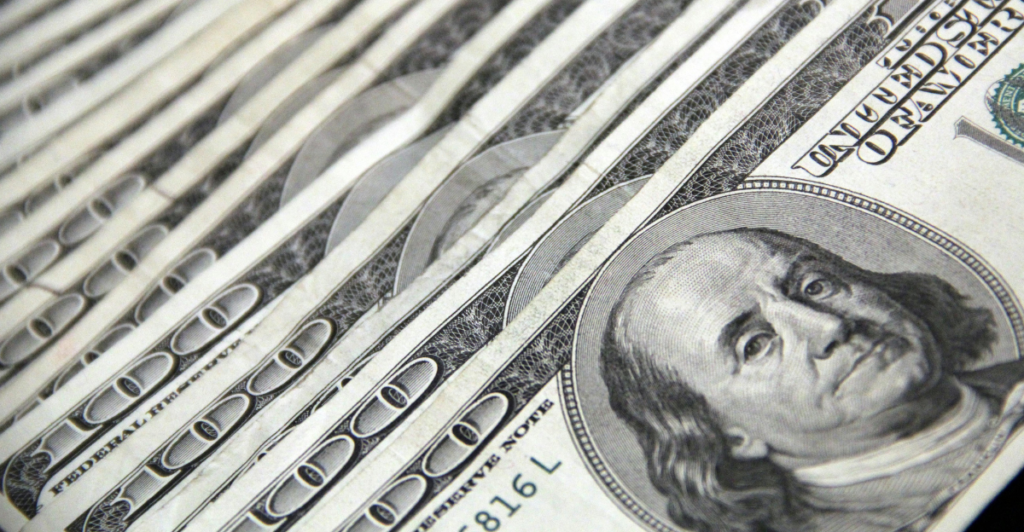
Before deciding to clone your dog, consider the following: Can you afford the $50,000 cost? Are you prepared for the cloned dog to have a different personality? Are you aware of the risks involved, including potential failures? If you answer yes to these questions, cloning might be an option worth exploring.
Alternatives to Cloning

For those who cannot afford or are uncomfortable with cloning, there are alternative ways to honor your dog. Options include adopting a new pet, creating memorials, or preserving your dog’s legacy through photographs and keepsakes. These alternatives allow you to celebrate the bond you shared without the risks or high costs.
Final Thoughts on Dog Cloning

Cloning your dog is an emotional and complex decision. While it offers a chance to preserve a genetic copy of your pet, the process is costly, risky, and ethically controversial. If you’re seriously considering canine cloning, research thoroughly and consult reputable providers like ViaGen Pets to understand what to expect.
Making an Informed Choice
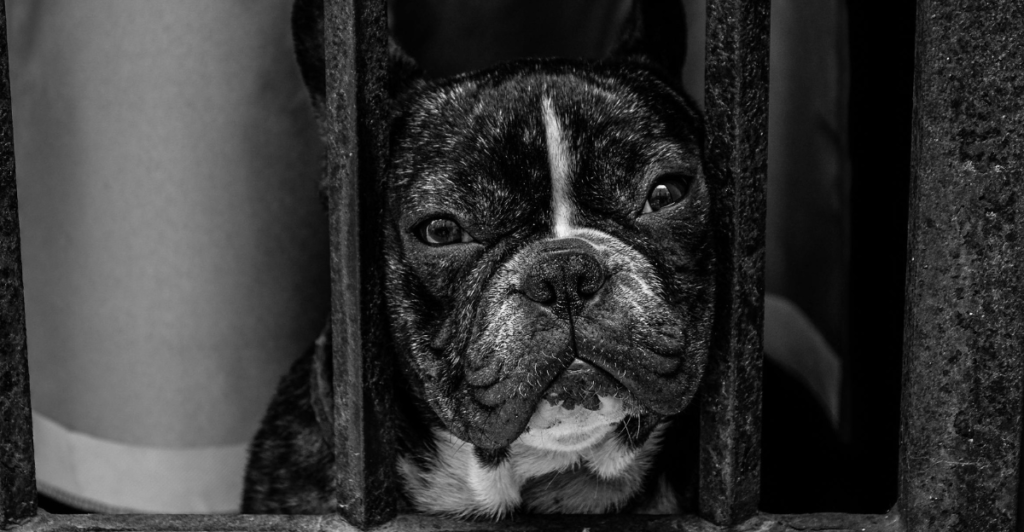
Losing a dog is one of the hardest experiences for any pet owner. While cloning offers a unique solution, it’s not for everyone. Weigh the costs, risks, and ethics before making a decision. Whether you choose cloning or an alternative, honoring your dog’s memory will keep their spirit alive in your heart.
Stay connected with us for more stories like this! Follow us to get the latest updates or hit the Follow button at the top of this article, and let us know what you think by leaving your feedback below. We’d love to hear from you!







